In today’s digital landscape, proxies are akin to the unsung heroes of the internet. They quietly work in the background, ensuring our online activities remain private and secure. But not all proxies are created equal. If you’re using a proxy, you need to ensure it’s up to the task—fast, reliable, and secure. This guide will walk you through the top tools for testing proxy quality, ensuring you get the best performance out of your connection.
Why Proxy Quality Matters
When it comes to proxies, quality is king. Imagine you’re in a race, but your car’s engine keeps sputtering. That’s what it’s like using a low-quality proxy. A good proxy ensures fast internet speeds, robust security, and reliable uptime. Poor-quality proxies can slow down your connection, expose your data to security threats, and even fail when you need them the most.
Speed is crucial because no one likes waiting for pages to load. Reliability ensures your proxy is always up and running, minimizing downtime. Anonymity and security are vital for protecting your identity and sensitive information. Lastly, location and IP diversity are important for accessing geo-restricted content and avoiding bans.
Key Factors to Consider When Testing Proxy Quality
Speed
Speed is often the first thing users notice about a proxy. If your proxy is slow, your entire browsing experience suffers. Speed tests can help you measure how fast your proxy is. Tools like Speedtest.net and Fast.com are popular for checking internet speeds. They provide a quick snapshot of how your proxy is performing in terms of data transfer rates.
Reliability
Reliability is about consistency. A reliable proxy maintains a stable connection with minimal downtime. It’s like having a dependable car that starts every time you turn the key. Tools like UptimeRobot and Pingdom can monitor your proxy’s uptime, alerting you to any disruptions.
Anonymity and Security
Anonymity ensures your online activities remain private. A good proxy should hide your IP address effectively, preventing IP leaks. Tools like IPLeak.net and WhatIsMyIPAddress.com can help you verify that your proxy is keeping your identity secure. Additionally, security assessment tools like SSL Labs can check for vulnerabilities.
Location and IP Diversity
Having access to a diverse range of IP addresses from different locations can be invaluable. This diversity allows you to bypass geo-restrictions and reduce the risk of getting banned. Proxy providers like Proxy 302 offer a wide range of IPs from multiple countries, ensuring you always have the right IP for your needs.
Top Tools for Testing Proxy Quality
Proxy Checker Tools
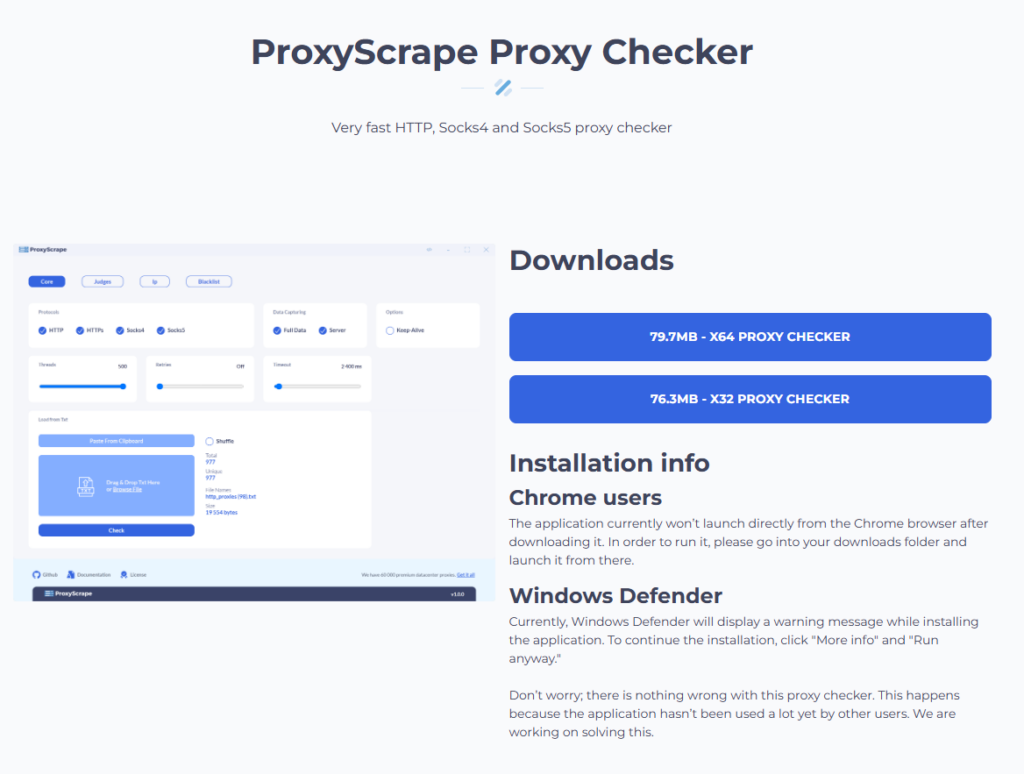
Proxy Checker and ProxyScrape are excellent for verifying the functionality of your proxies. They test proxies for connectivity, speed, and anonymity, providing a comprehensive overview of their performance.
Speed Test Tools
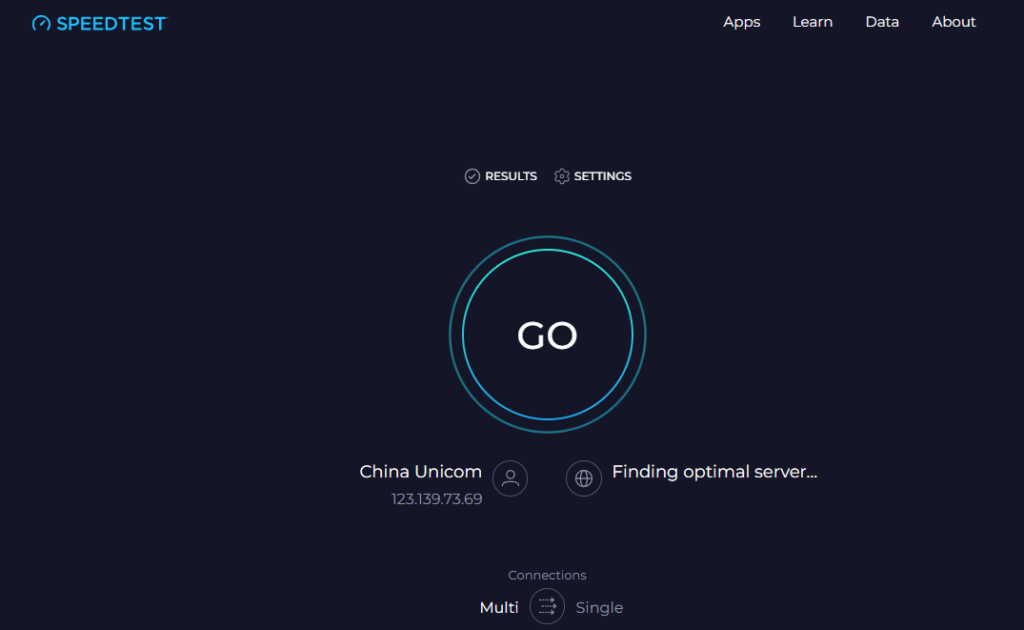
Speedtest.net and Fast.com are household names when it comes to speed testing. They measure download and upload speeds, giving you an accurate picture of your proxy’s performance.
Anonymity Testing Tools
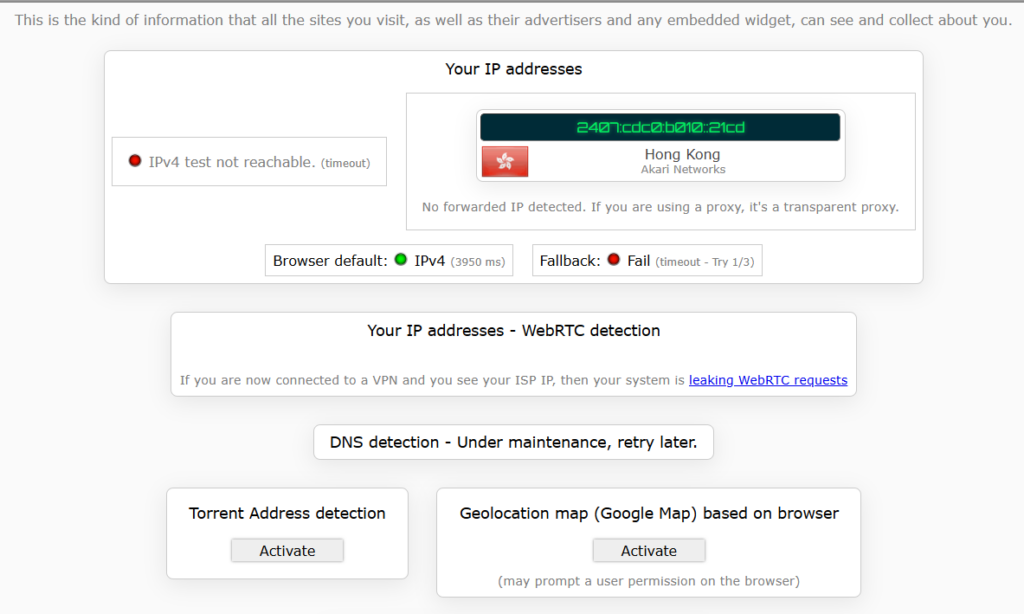
IPLeak.net and WhatIsMyIPAddress.com are essential for checking if your proxy is leaking your IP address. They provide detailed reports on your IP visibility and potential leaks.
Reliability and Uptime Monitoring Tools
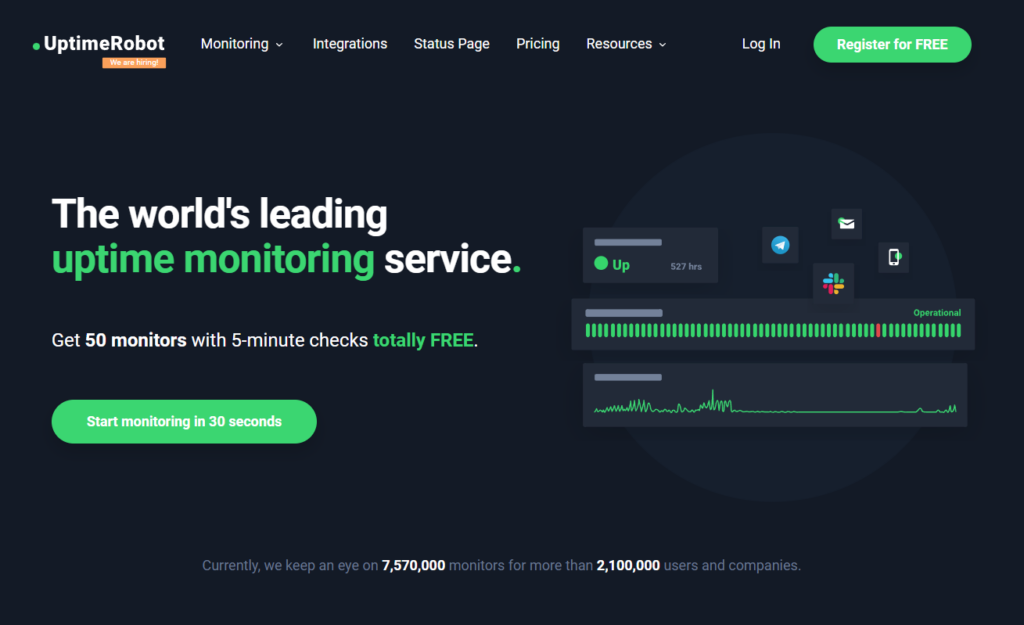
UptimeRobot and Pingdom are industry standards for monitoring uptime. They offer real-time alerts and detailed reports, helping you ensure your proxy is always available.
Security Assessment Tools
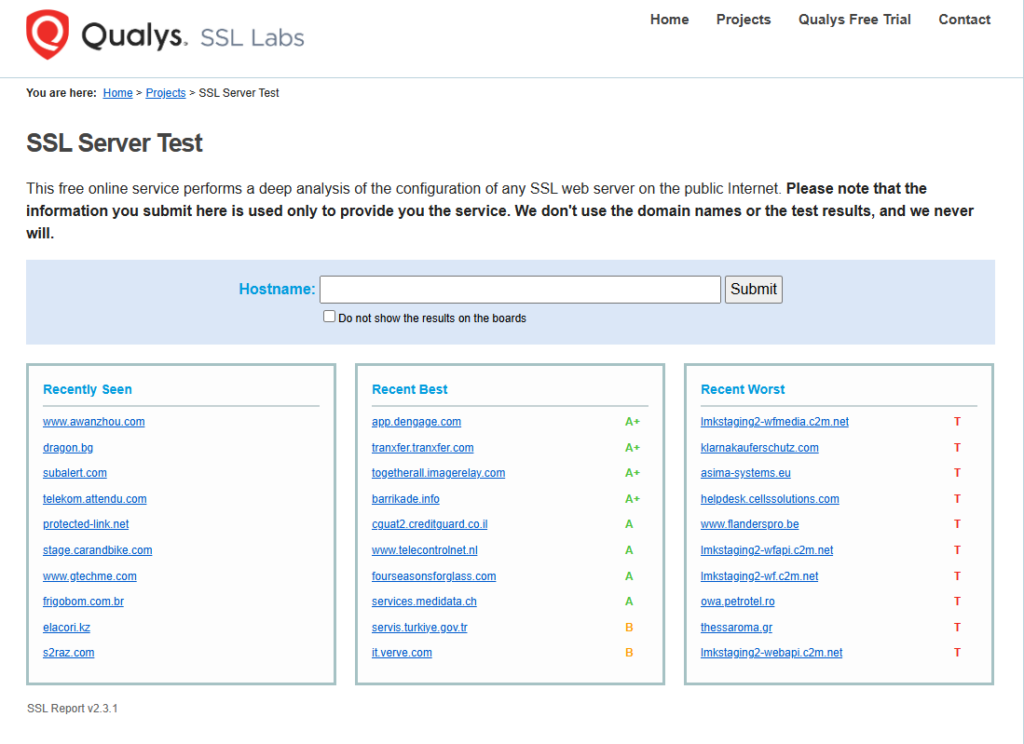
SSL Labs and Qualys SSL Server Test can assess the security of your proxy. They check for vulnerabilities and ensure your connection is secure against potential threats.
How to Use These Tools Effectively
Using these tools is straightforward, but interpreting the results can be tricky. Here’s a simple guide:
- Run Speed Tests: Use Speedtest.net or Fast.com to check your proxy’s speed. Aim for download speeds that match or exceed your internet plan.
- Check Anonymity: Use IPLeak.net to ensure your IP address is hidden. If any leaks are detected, consider switching proxies.
- Monitor Uptime: Set up UptimeRobot to track your proxy’s availability. A reliable proxy should have uptime above 99%.
- Assess Security: Use SSL Labs to evaluate your proxy’s security. Look for strong encryption and no known vulnerabilities.
Regularly testing your proxy quality is crucial for maintaining fast, secure, and reliable internet connections. By using the tools mentioned above, you can ensure your proxy is up to the task, providing you with the performance you need.
Ready to experience the benefits of a premium proxy service? 👉 Start Your Free Trial Now 👈 with our free trial and discover how easy it is to enhance your online privacy and access. Visit our website to learn more and get started!









3 comments
Thank you for your sharing. I am worried that I lack creative ideas. It is your article that makes me full of hope. Thank you. But, I have a question, can you help me?
Your article helped me a lot, is there any more related content? Thanks!
Thanks for sharing. I read many of your blog posts, cool, your blog is very good.